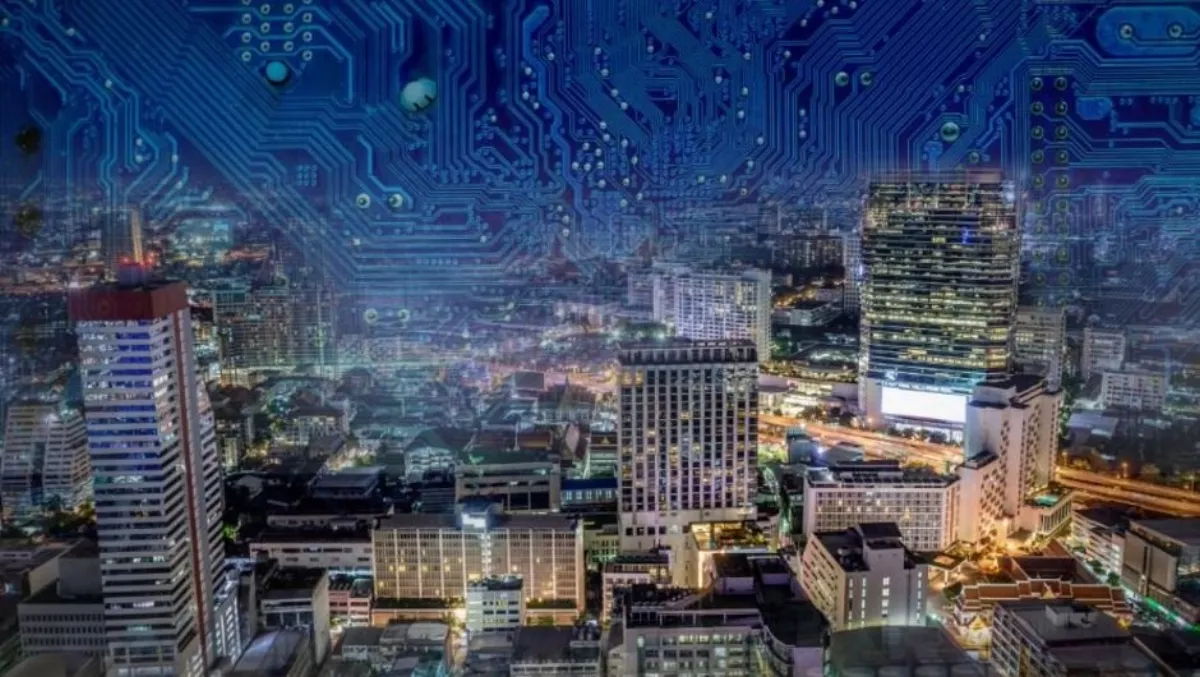
Connected humans and the quest for health, wealth and happiness
Today, there are more connected devices in the world than there are humans. In fact, by 2020, it's estimated there will be more than 20 billion connected devices in use. The Internet of Things is everywhere, spread across all aspects of daily life; embedded in our communications, behaviour, work, and even in our bodies.
According to the World Economic Forum, the Internet of Things "has the potential to propel societies forward, enable innovative business models and help governments address policy concerns." From education to healthcare, the potential of the Internet of Things is all around us. Whether it's a dystopian or utopian future we're headed for, one thing is for sure – connectivity is changing our lives, irreparably and forever.
The human body and technology
The gamification of health is just one example of connectivity in daily life. Technology has invaded our bodies through connected sensors, implants, pacemakers and more. As such, it is now commonplace to track habitual behaviour, from sleep and exercise to nutrition or meditation throughout the day. Right now, this information is used by individuals, to monitor their own performance and wellbeing. But the possibilities are endless. Instead of monitoring our own health, what if we could share that data with medical practitioners? Or use it to control the climate of our homes? Or share it with insurance companies to reduce our premiums?
The world certainly looks like it's heading this way. In 20 years, we could be looking at a world where humans and animals are embedded with an array of biometric sensors to help provide an accurate picture of health. And this data is likely to be shared with a huge number of third parties to drive initiatives and change across society.
In sickness, health and hacks
As connected healthcare technology enters the mainstream – and the body – we need to determine how it will empower us as individuals. What's more, we must understand the costs, opportunities and benefits of biotech on the body.
On the one hand, we will have unparalleled healthcare and insights on our bodies, on the other we will be physically susceptible to hacking, with a plethora of digital coughs, colds, and viruses likely to enter the scene. This is currently a real-world issue for patients of pacemakers and other medical implants.
The thing often missing is the security and protection of the most critical asset: our data. Whilst people are becoming more data sensitive, they tend to focus on their bank accounts and Facebook logins. Individuals need to pay more attention to the data that is being tracked and accessed with their permission, via their health watches, for example.
Most people don't dedicate time to reading every page of a terms of service agreement, which in most cases gives the right to sell and use genetic data – this is something that will need to change. At the same time, manufacturers, medical practitioners, and other third parties will need to evaluate how they access and monitor this data – keeping it safe and secure will need to be a top priority.
It's hard to comprehend how much we are connected to, and it's even more mind-boggling to think about how much technology we manage in pursuit of health, wealth and happiness. There is no going back to a simpler time; we must now confront what it means to be so connected when everyone and everything is constantly aware, especially as our commitment to healthcare technologies expands into the realms of biotechnology.

